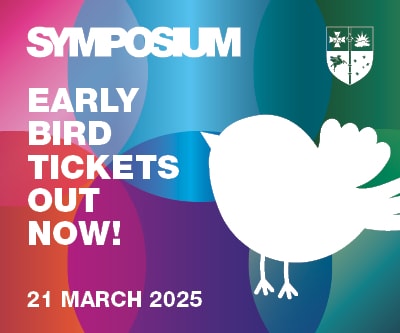It is important for practitioners to remember that a solicitor must not, outside an ex parte application or a hearing of which an opponent has had proper notice, communicate in the opponent’s absence with the court, any matter of substance in connection with current proceedings.1 Exception is afforded to circumstances where the court requires the solicitor to communicate in such a way, or where an opponent has consented beforehand to the solicitor communicating in such a way2 – these include ex parte applications and non-contentious housekeeping or logistical questions.3
In a recent disciplinary decision by the Queensland Civil and Administrative Tribunal (the Tribunal), Justice Daubney relevantly discussed the purpose of r 22.5 of the Australian Solicitors Conduct Rules 2012 (Qld). His Honour said:
It is fundamental to the maintenance of the rule of law and the proper administration of justice that a judge is, and is able to be seen to be, impartial and independent of the parties whose dispute is the subject of adjudication. It is an incident of every legal practitioner’s paramount duty to the administration of justice to ensure that the actuality and appearance of this judicial independence is preserved and, equally, to avoid any conduct which might have the effect of causing that independence to be questioned.4
In light of recent misconceptions surrounding the operation of r 22.5, it is important to reflect on the following points:
- Simultaneously copying emails to an opponent at the time of sending correspondence does not satisfy the purpose to which the rule is directed.5 The Tribunal has emphasised that reference to a communication ‘in the opponent’s absence’ in r 22.5, when read properly in context, focuses attention on the unilateral nature of the impugned conduct. A communication is not rendered bilateral by simply simultaneously copying it to the opponent in an email.6
- Assisting a judge presiding over a matter by providing their Honour with authorities and extracts not referred to in argument before them will likely constitute a matter of substance in breach of r 22.5.7
- If an opponent sends an email to the Court, with the consent of all parties involved, that does not require or invite a response, it cannot be assumed the opponent has impliedly consented to further emails being sent to the Court.8
For further information, refer to r 22.5 of Queensland Law Society, The Australian Solicitors Conduct Rules 2012 in Practice: A Commentary for Australia Legal Practitioners (2014) 80.
1 Australian Solicitors Conduct Rules 2012 (Qld) rr 22.5.1, 22.5.2; see FAL Management Group Pty Ltd v Denham Constructions Pty Ltd [2015] NSWSC 1035.
2 Australian Solicitors Conduct Rules 2012 (Qld) r 22.5.
3 Hughes v Janrule Pty Ltd [2011] ACTCA 23, [27].
4 Legal Services Commissioner v Trost [2019] QCAT 357, [41].
5 FAL Management Group Pty Ltd v Denham Constructions Pty Ltd [2015] NSWSC 1035, [4]; Legal Services Commissioner v Trost [2019] QCAT 357, [53], [55].
6 Legal Services Commissioner v Trost [2019] QCAT 357, [57].
7 Ibid [68] – [69].
8 Ibid [74] – 76].


